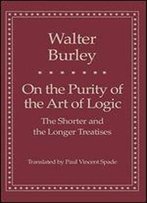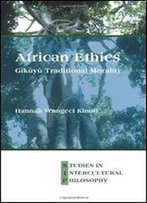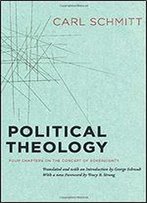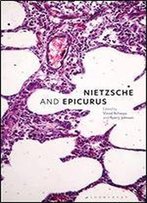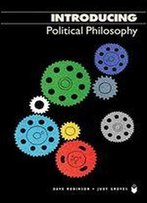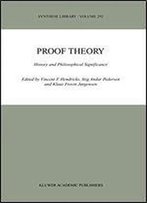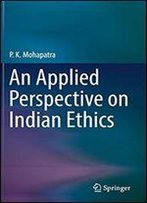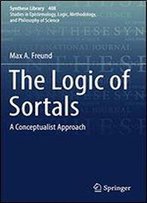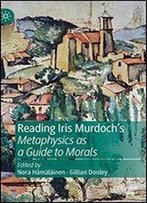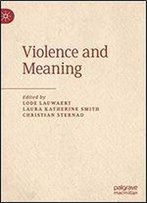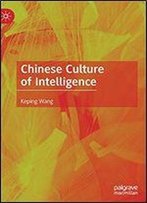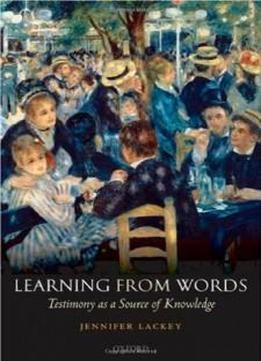
Learning From Words: Testimony As A Source Of Knowledge
by Jennifer Lackey /
2008 / English / PDF
3.2 MB Download
Testimony is an invaluable source of knowledge. We rely on the reports of those around us for everything from the ingredients in our food and medicine to the identity of our family members. Recent years have seen an explosion of interest in the epistemology of testimony. Despite the multitude of views offered, a single thesis is nearly universally accepted: testimonial knowledge is acquired through the process of transmission from speaker to hearer. In this book, Jennifer Lackey shows that this thesis is false and, hence, that the literature on testimony has been shaped at its core by a view that is fundamentally misguided. She then defends a detailed alternative to this conception of testimony: whereas the views currently dominant focus on the epistemic status of what speakers believe, Lackey advances a theory that instead centers on what speakers say. The upshot is that, strictly speaking, we do not learn from one another's beliefs - we learn from one another's words. Once this shift in focus is in place, Lackey goes on to argue that, though positive reasons are necessary for testimonial knowledge, testimony itself is an irreducible epistemic source. This leads to the development of a theory that gives proper credence to testimony's epistemologically dual nature: both the speaker and the hearer must make a positive epistemic contribution to testimonial knowledge. The resulting view not only reveals that testimony has the capacity to generate knowledge, but it also gives appropriate weight to our nature as both socially indebted and individually rational creatures. The approach found in this book will, then, represent a radical departure from the views currently dominating the epistemology of testimony, and thus is intended to reshape our understanding of the deep and ubiquitous reliance we have on the testimony of those around us.
Testimony is an invaluable source of knowledge. We rely on the reports of those around us for everything from the ingredients in our food and medicine to the identity of our family members. Recent years have seen an explosion of interest in the epistemology of testimony. Despite the multitude of views offered, a single thesis is nearly universally accepted: testimonial knowledge is acquired through the process of transmission from speaker to hearer. In this book, Jennifer Lackey shows that this thesis is false and, hence, that the literature on testimony has been shaped at its core by a view that is fundamentally misguided. She then defends a detailed alternative to this conception of testimony: whereas the views currently dominant focus on the epistemic status of what speakers believe, Lackey advances a theory that instead centers on what speakers say. The upshot is that, strictly speaking, we do not learn from one another's beliefs - we learn from one another's words. Once this shift in focus is in place, Lackey goes on to argue that, though positive reasons are necessary for testimonial knowledge, testimony itself is an irreducible epistemic source. This leads to the development of a theory that gives proper credence to testimony's epistemologically dual nature: both the speaker and the hearer must make a positive epistemic contribution to testimonial knowledge. The resulting view not only reveals that testimony has the capacity to generate knowledge, but it also gives appropriate weight to our nature as both socially indebted and individually rational creatures. The approach found in this book will, then, represent a radical departure from the views currently dominating the epistemology of testimony, and thus is intended to reshape our understanding of the deep and ubiquitous reliance we have on the testimony of those around us.

